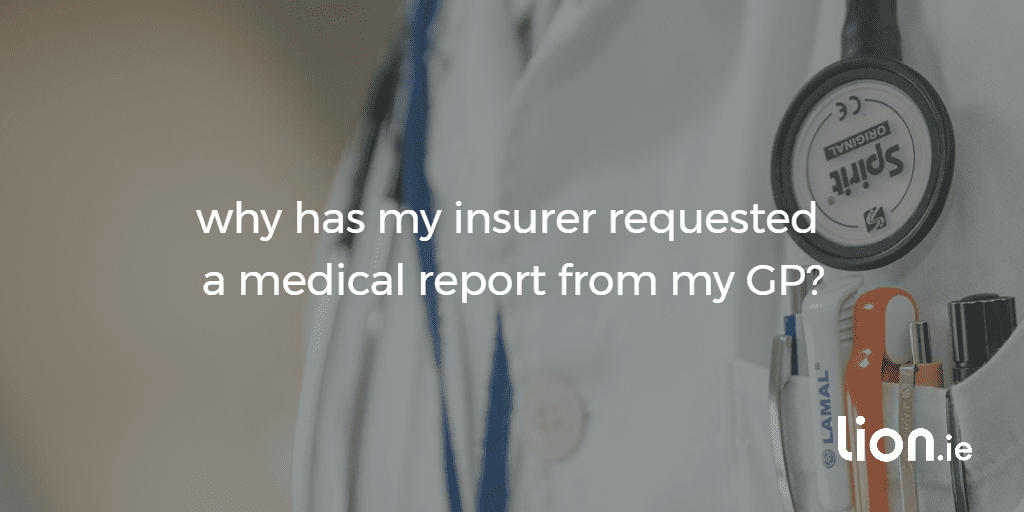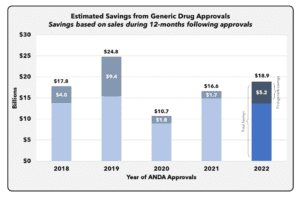What is a PMAR? (Private Medical Attendants Report)


If your insurer has requested a PMA, call me on 05793 20836. One of our insurers may be able to offer you cover based on questionnaires instead.
What is a PMAR?
A PMAR is a medical questionnaire that insurance companies send to your general practitioner (GP) to complete. It is used to get detailed information about your health, especially if you have a known medical condition. This helps insurers evaluate your health status when you apply for life insurance.
Things you don’t want to share with anybody:
Old love letters (remember those)
Drunken texts (yeah, we’ve all done it)
Your last ROLO (as if)
Your medical history
Things you have to share with an insurance company
Your medical history (and they don’t send you any love letters, drunken texts or even give you a ROLO in return, the swines!)
When you apply for life cover here in Ireland, the insurance company will ask you routine medical questions to figure out if you’re worth insuring.
If you answer no to all of these questions, meaning you don’t have any health issues, the insurer will usually offer you cover immediately.
However, should you tick a yes box, they’ll ask you for more information.
The insurer may even ask you to complete a separate questionnaire specific to that condition.
Complete this in full, and they should be able to offer you cover.
But if you’re unsure of a certain reading or a date, the insurer will write to your GP for clarification.
The report is called a Private Medical Attendants Report, or PMAR for short (or PMA for even shorter).
These days, insurers try to avoid a PMA, as the GP will charge north of €130 to complete the report.
Also, because GP surgeries are so busy, it can take weeks to complete the report, which doesn’t help you, the insurer or me.
Let’s be blunt, if you’re a patient at a busy surgery and you need a PMA, it will delay your application by weeks if not months.
Why has my insurer asked for a PMA?
Your insurer has requested a medical report to learn more about your health.
Insurance underwriters are suspicious by nature; they’d love to take your word for it, but they’ve been around the block a few times now, and their spidey senses are telling them to seek clarification from your GP on a health condition you have disclosed.
The reason for a PMAR is to check the history of a medical condition
when were you diagnosed,
what were the symptoms,
how has it been treated,
have you been compliant with treatment,
how have you responded to treatment,
what’s the prognosis
In the past, the insurers requested a PMA for up-to-date readings such as blood pressure and cholesterol.
Nowadays, they prefer a nurse medical/screening where a trained nurse from the insurer visits you at a time and place of your choosing and takes readings and measurements.
It’s cheaper and quicker than a PMA.
Who pays for a life insurance medical report?
You’ll be glad to hear the insurer pays for the medical report.
Does the request for a PMA mean I’ll pay a higher premium?
Not necessarily.
The insurer might need the GP to confirm what you told them in your application.
If everything checks out and your condition isn’t serious, you’ll get the standard price.
You can check the standard price for your life insurance cover here.
How long does a report take?
Some GPs are brilliant (hello and thank you if you are reading) and will complete the report and send it back within a few days; others can take weeks, some months or, in some cases, never complete it.
I kid you not
GPs have straight out told clients of mine that they are too busy to complete the report,
In such cases, clients have had to use the Freedom of Information Act to access their own medical records.

Get onto your GP as soon as the insurer has requested the PMA so you can be sure:
the surgery has received the request
the GP is working on it.
Unfortunately, there’s a part of the Bermuda Triangle that appears to lie somewhere between the insurer and the GP’s surgery.
Many life insurance medical reports seem to vanish into thin air once they leave the insurer’s mailroom.
What kind of questions are on a PMAR?
The questions relate to your specific condition, so it shouldn’t take too long for your GP to complete it unless your health issue is quite complex.
What does the insurer do with PMA?
Underwriting will review it to check if they can offer you cover and at what price.
But they may refer it to the Chief Medical Officer or even to the re-insurer.
Will I need to give more info?
It’s unlikely, but if you do, it will take the form of a medical exam with your GP or an independent GP chosen by the insurer.
What if you don’t have a doctor or can’t get a medical report?
If you don’t have any health issues, it doesn’t matter that you don’t have a GP.
If you have a minor health issue, the insurer may ask you to complete a questionnaire or attend a nurse medical exam instead.
However, if your condition is more serious, the insurer will insist on knowing more about your medical history.
If you are unable to provide this information, they will postpone offering you cover.
I have just moved to Ireland so my medical records are abroad
This can be tricky, especially if you need mortgage protection urgently, because it can take some time for your records to be sent to your Irish GP.
Some insurers are more accommodating than others and will go to great lengths to try to offer mortgage protection.
Case study
We had a client with a history of hypertension, and his medical records were in the UK.
Most of the insurers postponed until they could review his UK records.
Helpfully, one of our insurers arranged two nurse medical exams, and blood tests and asked our client to complete a detailed questionnaire.
They eventually offered him cover so he could close on his house purchase.

Do I have to pay for the medical report?
No, the insurer will cover the GP’s fee.
Your GP may ask for a prepayment of their fee before they complete the report.
In our experience, this should cause alarm bells to ring because requesting prepayment is usually a stalling tactic.
Treat a request for prepayment as a harbinger of doom…you’re in for a long wait.
Does the report cover my full medical history or just in relation to the disclosed condition?
Usually, insurers request the GP to complete a questionnaire specific to the patient’s medical condition, but this is dependent on the type of condition disclosed.
If the insurer uncovers something you didn’t disclose on your application form, they can take this into account when making their decision.
Anything I can do to speed up the process?
Your current GP doesn’t have your historical medical records.
In this case, make sure your previous GP sends your full file to your current GP or ask the insurer to write to your old GP for your medical history
. If you give your insurer the incorrect GP details, it will delay your application by weeks.
You don’t have a GP; you only have a consultant.
Some insurers will write directly to your consultant. However some consultants charge exorbitant fees that the insurer will refuse to pay.
Finally, believe me when I say you need to be all over your surgery like a cheap suit the minute the insurer sends the paperwork to your GP.
Otherwise, sit back for a lonnnnng wait.
Over to you?
If you’re wondering if you’ll need a medical report for your application, complete this medical questionnaire.
Another insurer may be able to offer you cover based on a questionnaire alone, speeding up the process and saving you from the utter exhaustion of chasing your GP for the report.
I’m on 05793 20836 if you prefer a chat.
Thanks for reading
Nick
Editor’s Note | We published this blog in 2017 and have updated it since.








